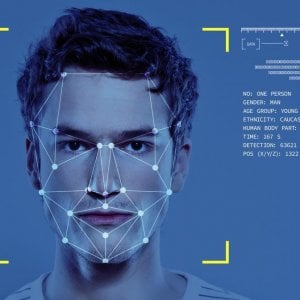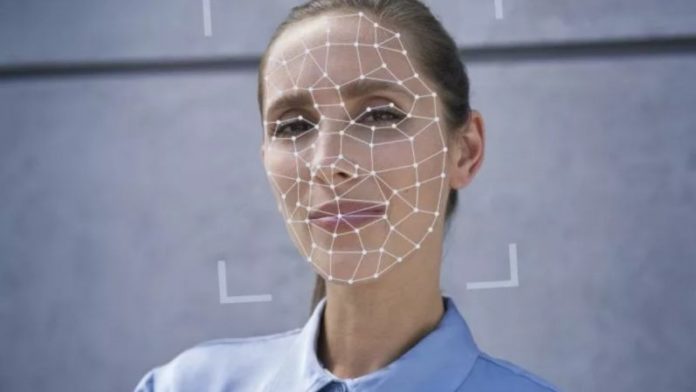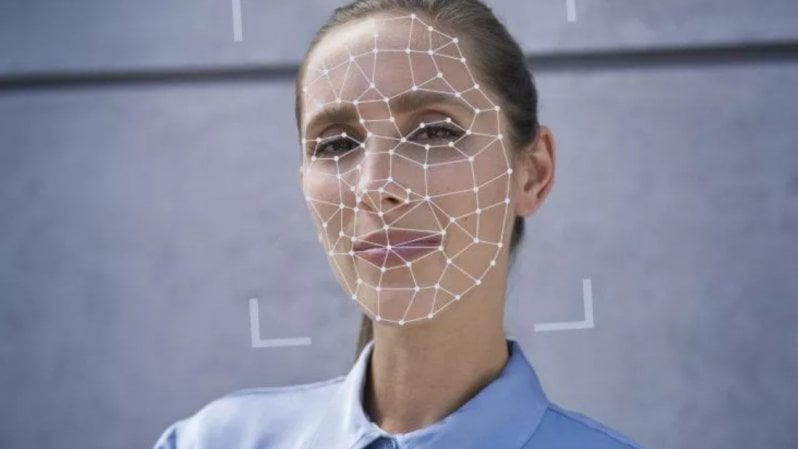
Faces created artificially with deepfakes’ AI are indistinguishable from those of real humans. Indeed, to be honest, people believe that artificial faces are more real. Which are capable of fooling even more experienced observers. This is demonstrated by the tests conducted by researchers at Lancaster University and the University of California who used the opposing generative network, StyleGan2, developed by the Nvidia laboratories, with which deepfake images can be produced.
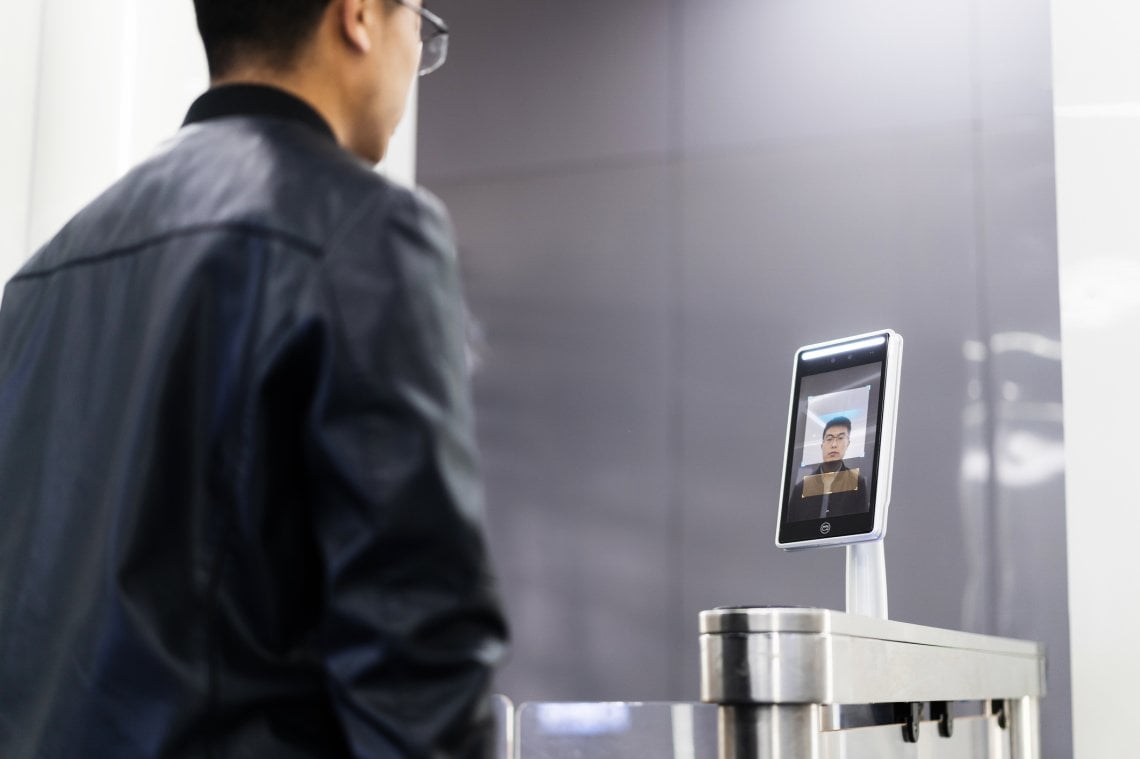
The results of their experiments, which measure how far AI technology has progressed in this field, have been published in the journal PNAS . Sophie Nightingal and Hany Farid, authors of the research, involved hundreds of people, recruited on Amazon Turkle, asking them to rate and classify various faces, some of which made synthetically using AI, indicating which were the real ones and the fake ones. Unexpectedly, test participants formulated responses that considered artificial faces to be more reliable (average rating). In particular, the faces of women, created by artificial intelligence, more than men seemed more real in the eyes of those called to judge them.
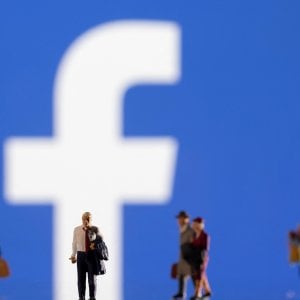
The researchers argue that the faces generated thanks to StyleGan2, available among other things on GitHub , since they are modeled on the characteristics of the average man, can more easily be misleading. The artificial intelligence of deepfakes, according to Sophie Nightingal and Hany Faridè, has become so sophisticated as to overcome the obstacle of the so-called uncanny valley effect, the limit point of the resemblance to the human of a synthetic past creation which causes a feeling of restlessness and of rejection that lead to the recognition of the artificial. The consequence is that the risks of malicious use of technology can increase. Audio, video and photo deepfakes, as well as a means of entertainment and business improvement , have already become a tool for revenge porn , propaganda manipulation and fraud . In a digital world where everything can be falsified, the danger is that even reality, especially if it is uncomfortable, can be questioned.

It is therefore necessary, in the opinion of the researchers, to strengthen the safeguard mechanisms to protect users. Which concern both limits and more restrictive rules against the ease of access to deepfake systems and their use in applications and the introduction of more effective technical devices for the recognition and adoption of ethical codes and guidelines for those who produce digital content and who publishes and distributes them
Clearview AI’s Disturbing Milestone: “By the year 100 billion photos in the database, every human being will be identifiable”
